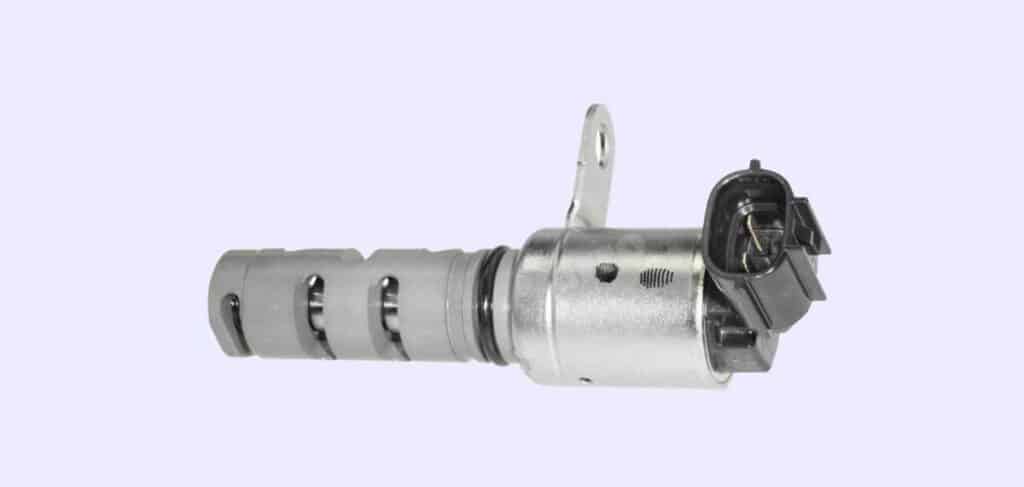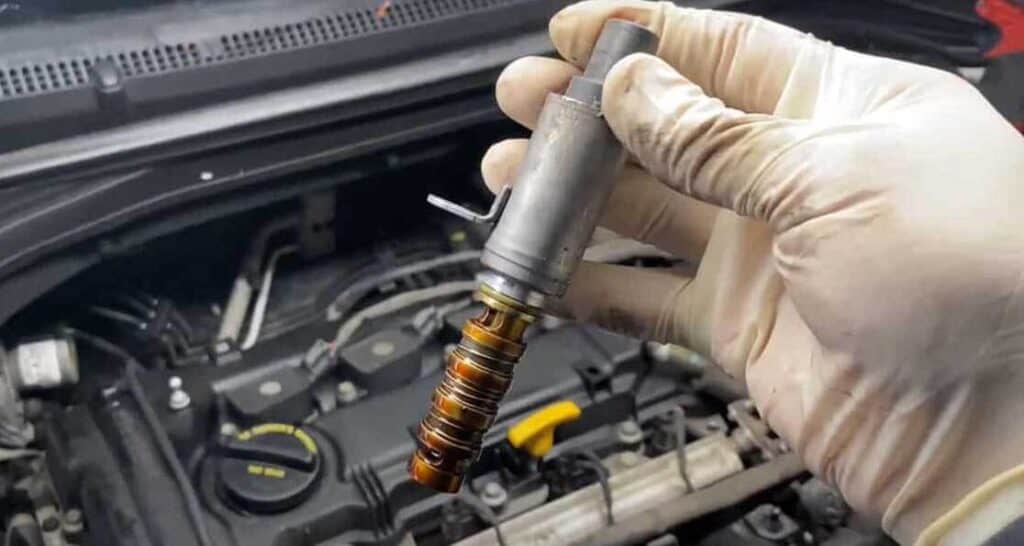Are you experiencing issues with your car’s engine, such as poor performance, rough idling or a drop in fuel efficiency? One potential cause could be a faulty engine variable timing solenoid. In this article, we’ll take a closer look at what an engine variable timing solenoid is, how to recognize signs of a faulty solenoid, and how to replace it.
What is an Engine Variable Timing Solenoid?
An engine variable timing solenoid is a component that controls the camshaft timing by regulating oil flow to the variable valve timing system. The variable valve timing system helps improve engine performance, fuel efficiency and emissions.

How Much Will it Cost to Replace an Engine Variable Timing Solenoid in Canada?
The cost of replacing an engine variable timing solenoid in Canada can vary depending on the make and model of your vehicle, as well as the mechanic you choose. On average, you can expect to pay between $250 and $500 CAD for parts and labour. The labour time can take anywhere from 1 to 3 hours depending on the complexity of the repair.
What are the Symptoms of a Faulty Engine Variable Timing Solenoid?
Here are some common symptoms of a faulty engine variable timing solenoid:
• Engine misfires or runs poorly
• Rough idling
• Poor acceleration or power
• Decrease in fuel efficiency
• Check engine light comes on
How Long Does an Engine Variable Timing Solenoid Last?
An engine variable timing solenoid can last anywhere from 80,000 to 160,000 kilometers or longer, depending on driving habits and maintenance. However, it’s important to keep an eye out for signs of wear and tear and address any issues promptly to avoid further damage to the engine and other components.
How does an Engine Variable Timing Solenoid Become Defective?
An engine variable timing solenoid can become defective due to normal wear and tear over time, as well as exposure to contaminants and low oil pressure. Lack of regular maintenance or using low-quality oil can also contribute to premature failure.
How Can a Faulty Engine Variable Timing Solenoid Affect Other Systems in the Car?
A faulty engine variable timing solenoid can affect other systems in the car, particularly the engine performance, fuel efficiency, and emissions. The solenoid controls the camshaft timing, which affects the air-fuel ratio, ignition timing, and valve operation. This can lead to issues such as poor engine performance, decreased fuel efficiency, and increased emissions.
Is it Safe to Drive with a Faulty Engine Variable Timing Solenoid?
Driving with a faulty engine variable timing solenoid is not recommended, as it can lead to further damage to the engine and other components in the car. Additionally, it can cause issues with the car’s performance, fuel efficiency, and emissions, which can be a safety hazard while driving.

How Can I Make My Engine Variable Timing Solenoid Last Longer?
Here are some tips to help prolong the life of your engine variable timing solenoid:
• Regular maintenance: Follow the manufacturer’s recommended maintenance schedule to ensure all components, including the solenoid, are in good condition.
• Use high-quality oil: Use the recommended oil viscosity and quality to help reduce wear and tear on the solenoid and other engine components.
• Avoid extreme conditions: Avoid driving in extreme temperatures and conditions whenever possible, as these can cause damage to the solenoid and other components.
Conclusion
An engine variable timing solenoid is a vital component that helps improve engine performance, fuel efficiency, and emissions. If you notice any signs of a faulty solenoid, such as poor performance or rough idling, it’s important to address the issue promptly to avoid further damage to the engine and other components.
